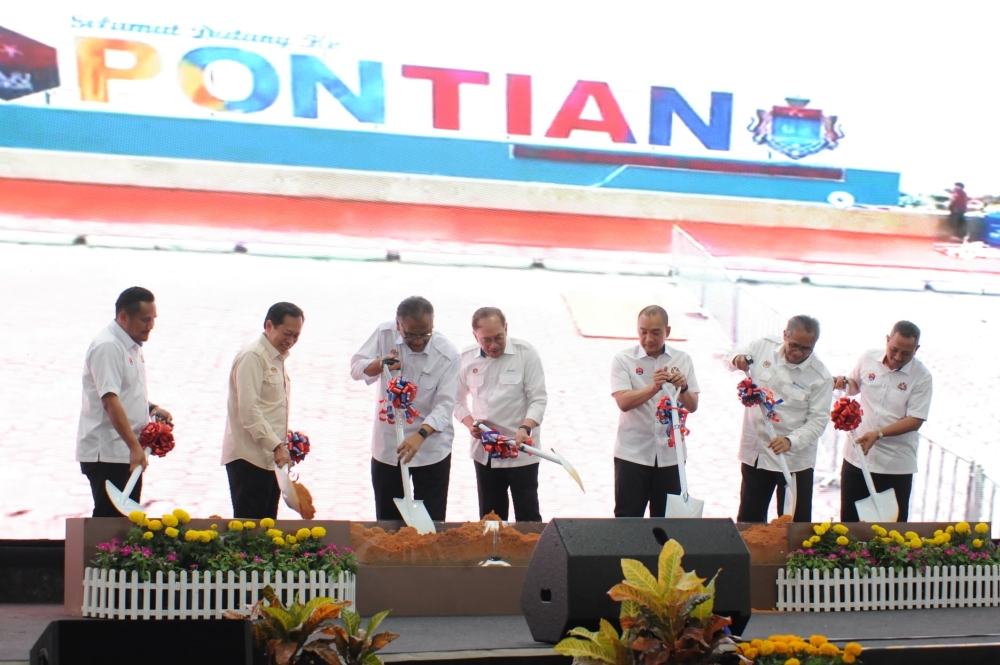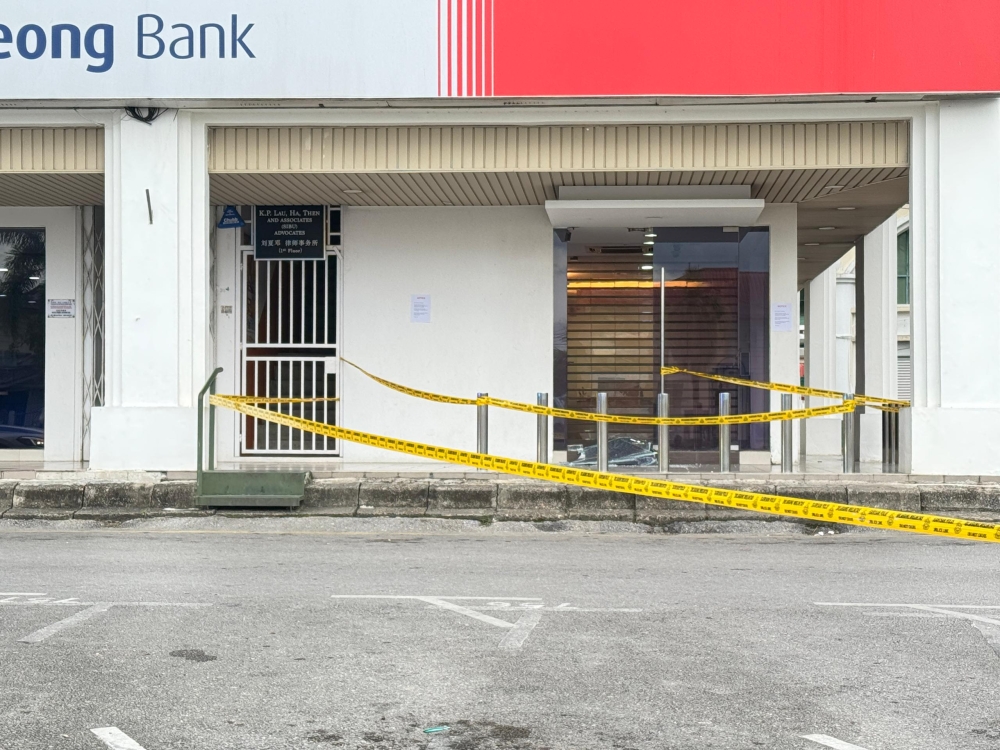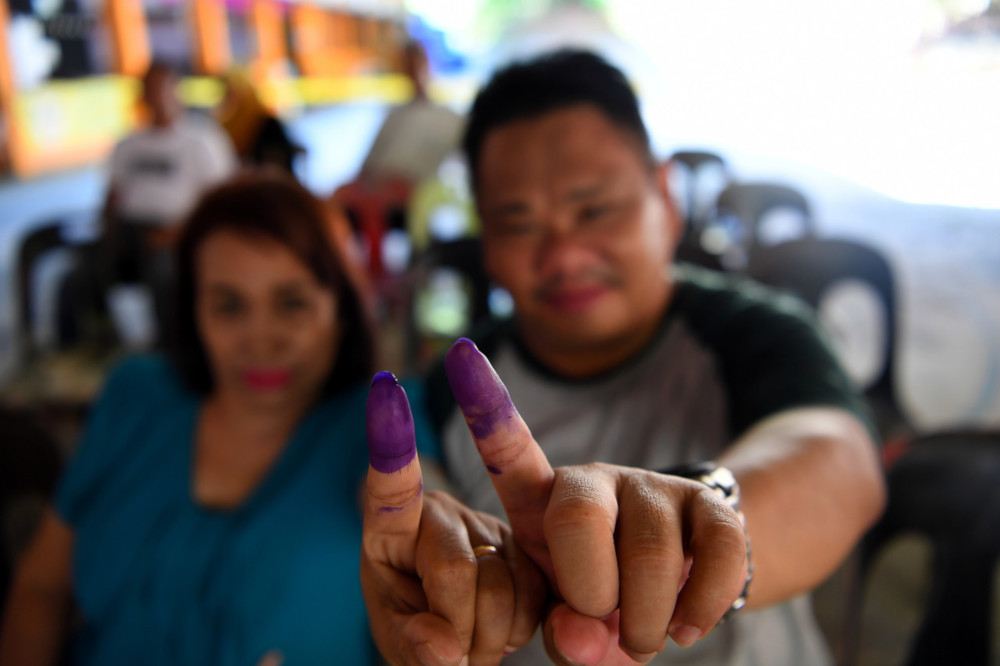SANDAKAN, May 12 — DAP succeeded in ending Pakatan Harapan’s recent by-election losing streak with no small margin in Sandakan.
Its rookie candidate Vivian Wong would have made her late father proud with the landslide result, despite fears of a low turnout, a depressed economy, as well as general dissatisfaction on the ground.
She emerged with a majority of 11,521 votes from 21,595 people or 74 per cent of the votes.
Her nearest rival, Parti Bersatu Sabah’s Datuk Linda Tsen, managed to secure 4,491 votes while the remaining independent candidates garnered three figure sums.
In a town with a slight Chinese majority but near equal amount of Muslim voters, DAP was still favored to win. Heated campaigning in the second half of the two-week period caused confidence to falter, with DAP’s cakewalk looking more like a mountain towards the last leg of campaigning.
Here are three things that we have learnt from the Sandakan by-election:
1. Sandakan deserves better
It became woefully clear that the people of Sandakan are unhappy with the government of the day, and possibly have been so for the last few decades. Many felt that the once thriving east coast town has potential that is being squandered by their leaders who did little to promote the old timber town known for its great seafood and proximity to wildlife.
The Chinese said business has suffered, no new facilities have been developed to spur economy and the local council has been lacking.
The Muslims complained of a lack of cash handouts (bantuan sara hidup previously known as BR1M), broken promises with rent-to-own homes and other low cost housing projects.
The town, formerly called “Little Hong Kong” is becoming an “old man’s town” and needed a shot of vibrancy; it needed its youth to come home.
The people want development and they want it soon. They were not shy about it, and the ruling government heard it loud and clear. They have been patient and loyal to DAP, voting them in the last two terms as the Opposition and they want their dues paid.
2. The Najib factor? Not really
In the absence of the outstation voters, parties began focusing on the Muslim vote bank.
In the eleventh hour, Umno brought in the big guns to help the flailing Opposition campaign.
Sabah Umno chairman, Datuk Bung Mokhtar Radin, who is also from this side of the state, has strong grassroot support, and he held court in his ceramahs when punting for Tsen.
He also brought in Umno deputy president Datuk Mohamad Hasan and former prime minister Datuk Seri Najib Razak as ringers. Perhaps knowing it was a risky gamble, PBS did not associate themselves with the two ‘Malayan’ leaders during their trip here.
Najib, like in all his other appearances in Semenanjung, arrived to a celebrity’s welcome. His ceramah at a low-cost housing project here was wildly successful, but in the end, it did not translate to votes. In hindsight, some say it likely even alienated votes.
In last year’s GE14, DAP won all but two voting districts — the Muslim majority areas of Sim Sim and Berhala. This time, much to everyone’s surprise, it won all 19 voting districts.
The most likely reason? The Shafie factor.
3. PBS’ lacklustre campaign
PBS’ candidate Tsen is a hard worker, a seasoned politician who knows the system, and is able to be the voice of the people.
But halfway through the by election, the people had yet to hear her speak. PBS had yet to hold a single public ceramah, instead relying on personal touches and door-to-door visits.
Being a local, she ought to have related to the Chinese majority in Sandakan, but Tsen, having been thrust into the political limelight in her husband’s death, had been lying low and did not have the same touch.
The party engaged in a billboard war which gained some traction, but people still did not know what she was about. Candidate-to-candidate, she paled in comparison to DAP’s branding of the young, dynamic and eager-to-prove herself Wong.
The team-up with Umno and other local Opposition parties on the second last night of campaigning was an attempt to shore up some last-minute support, by promoting a united front of local voices, but even former Dewan Rakyat speaker Tan Sri Pandikar Amin’s slapstick brand of humour could not find footing here.
It was during this ceramah Tsen finally spoke, she went over some of the local issues, gripes close to the heart of the people, but halfway through she chose to speak in Chinese, and in a roomful of Malay speakers, she lost her voice, and perhaps any hope of winning the hearts of the people of Sandakan.



















